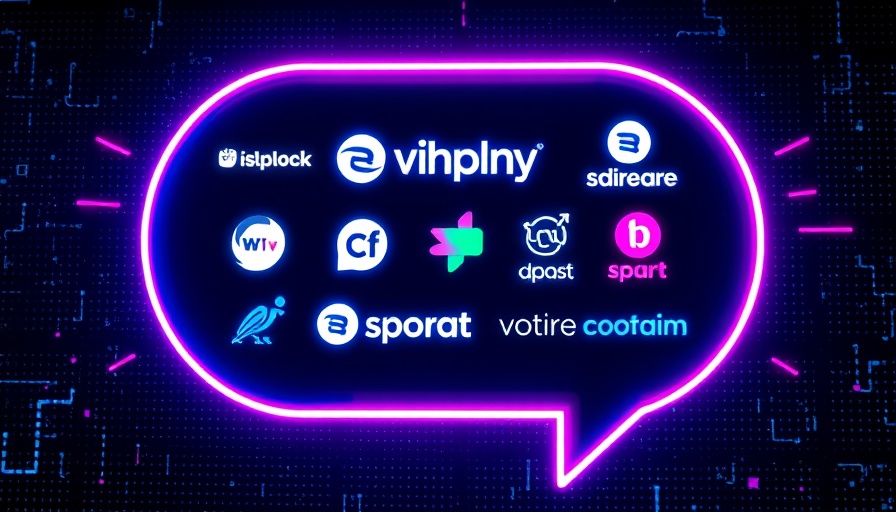
OpenAI's Promotional Shift: What You Need to Know
Recently, OpenAI made headlines for pulling promotional materials related to its $6.5 billion acquisition of Jony Ive and his device startup, io. This move came not due to any faltering in the deal itself, but as a result of a court order linked to a trademark lawsuit initiated by another AI device maker, IYO. The court claimed that OpenAI's promotional materials might create consumer confusion, hence the prompt removal from their platforms.
The Implications of Trademark Conflicts
This court action highlights a critical trend within the rapidly evolving tech landscape: the fierce competition over brand identity and intellectual property. In an era where technology companies are continually innovating, the protection of unique names and concepts has become essential. As new companies like IYO emerge, established players such as OpenAI must navigate a complex legal terrain to avoid potential misrepresentation and conflicts. This emphasizes the importance of trademark vigilance in tech business strategy.
Moving Forward: Stability in the Midst of Change
Despite the hiccup with the promotional video, reports suggest that the acquisition deal itself remains strong. Mark Gurman from Bloomberg confirmed that the deal is on track and has not been dissolved, reassuring investors and tech enthusiasts alike. This incident serves to remind us that while disruptive innovations present exciting new opportunities, they often bring legal and operational challenges that stakeholders must address proactively.
Future Trends in Tech and Law
As we look towards the future, merging advancements in technology and law will likely provoke more discussions about consumer clarity in branding. Innovations in machine learning and AI might foster new ways for companies to ensure their identities are distinct in a crowded marketplace. The increasing integration of AI tools in various industries could lead to future lawsuits over intellectual rights, making it essential for companies to invest in robust legal frameworks and proactive strategies.
As tech innovation continues to shape society, staying informed about both technological advancements and their legal implications enables consumers and entrepreneurs to navigate this dynamic landscape effectively.
Your Takeaway: Why This Matters
The unfolding events surrounding OpenAI exemplify how swiftly technology can intersect with legal challenges. The tech industry is not only about innovations but equally relies on safeguarding these advancements through intellectual property. Understanding these complexities can empower both consumers and tech professionals alike, paving the way for informed decisions in a rapidly evolving market.
 Add Row
Add Row  Add
Add 




Write A Comment